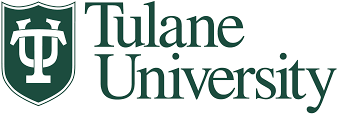Abstract
There is a growing need for workers with STEM-aligned training in the modern global economy, but a paucity of workers to fill these positions. One important contributor to this issue is low student persistence in STEM. Nontraditional science courses that utilize more active-participation and learning are attractive as tools to increase student persistence and engender more interest in STEM. Herein is described the content and implementation of the undergraduate chemistry-based service-learning course, Chemistry 1898: Service Learning, that was offered in Spring 2019 at Tulane University. The goal of the course was to increase self-efficacy in chemistry and sustain undergraduate interest in STEM. The course also serves to increase STEM interest in the New Orleans public-school students. Chemistry 1898 features a well-rounded curriculum and diverse activities. The enrolled undergraduate students were not only taught chemistry concepts (general chemistry and supramolecular chemistry) but also asked to present the chemical concepts using attention-grabbing demonstrations to public-school students in the New Orleans area. In addition, the course covered multiple nonscience topics, including the pedagogy of service-learning, background on the New Orleans public-school system, and a guide for how to work with the community. The course also involved student reflection activities/surveys and interfaced with the Tulane Center for Public Service. Preliminary qualitative results from a set of anonymous pre- and poststudent surveys indicated that the undergraduate students gained self-efficacy in the general chemistry concepts covered in the course. Although the course did not have an effect on the career choices of the undergraduate students, the majority of the students were already very interested in a STEM career. Further, some students mentioned gaining a benefit in public speaking skills, and some considered the possibility of teaching and working with children in the future.

